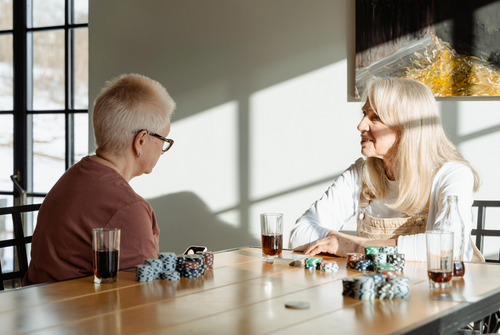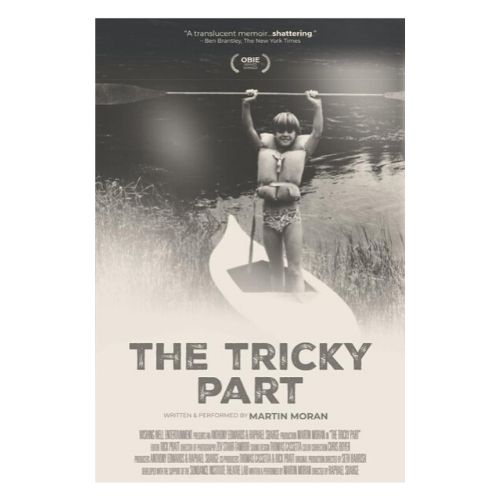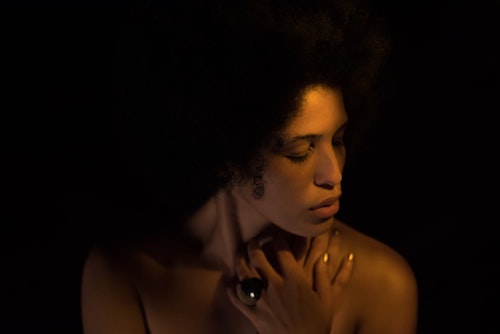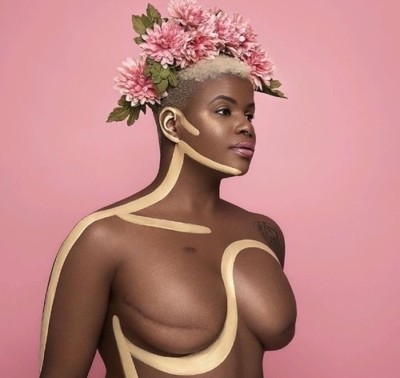Life Challenges for Women
Browse Articles on the topic of LIFE CHALLENGES FOR WOMEN
How to Help a Friend Through a Divorce in 18 Loyal Ways
There may not be an infallible method for how to help a friend through a divorce, nor how to pry off the lid she’s got clamped on her real feelings. Sometimes, though, you may wish for a lid to put on her determination to post every insulting meme she can find, and block her from…
Read MoreThe Cheating Wife Phenomenon
Move over, husbands with lipstick on your collars, and give the ladies some room. The cheating wife is the latest trend in women’s sexual evolution and the numbers are undeniable. Globally, Ashley Madison membership numbers nearly match the number of married couples in the United States, and women make up half of the members on…
Read MoreSexual Assault Awareness Month: It’s Tricky
In Tarana Burke’s Ted Talk, the founder of the #MeToo movement describes how she came to that moment of clarity that launched a tidal wave of change. Growing up in the projects of the Bronx, she was raped and assaulted repeatedly as a child and teenager. As she got older, her mother encouraged her to…
Read MoreWomen’s Health Around the World & Why It Matters
We are no longer living when women aren’t allowed to vote. If our marriages are no longer serving us, we can get a divorce. If we want fulfilling careers, we can go out into the world, work hard, and create them. Starting a family? It’s our choice, not an obligation. We can now celebrate our…
Read MoreWhat Does Finding Ourselves After Divorce Mean & Is It Actually Possible?
The concept of “finding ourselves” crops up time and time again in life. When you’re a teenager getting to know yourself, when you’re exploring your tumultuous twenties (and possibly completely reevaluating that teenage version of yourself you invented), and later on in life, when you experience a life-changing event like divorce. We are often told…
Read MoreReasons to Always Check Your Mental Health in a Relationship
People say you can forget yourself in someone else—given that, it’s no wonder people also forget about their mental health in a relationship. It can be hard to squeeze in self-care on a good day. When things in your love life feel precarious, everything, including yourself, seems to fall to the wayside. Relationships can come…
Read MoreTips for Women Taking a Holistic Approach to Love and Health
When you hear about taking care of your health, your mind almost instantly goes to tips for women about eating well and exercising—about not “letting yourself go.” The reality is that there is more to people than their physical bodies and digestive systems. There is mental health wellness, like taking care of yourself emotionally and…
Read MoreBreast Cancer Diagnosis: What You Need to Know
It happened. Life was moving beautifully for this 53-year-old, single woman. It was the end of June 2016, and I was preparing for a trip to Peru with my daughters. I was cleaning my hiking boots, having scheduled my shots and taken care of pesky medical exams, when …..
Read MoreYou are Not Alone: Women React to Kavanaugh Confirmation
Dr. Christine Blasey Ford’s testimony in Justice Kavanaugh’s nomination proceedings, the #MeToo movement, and the appointment of Kavanaugh to the Supreme Court will and have had a lasting impact on our everyday lives. Whether you’re a political person or not, conservative or progressive, single, married, or divorced, women are feeling the Kavanaugh effects. But today,…
Read More








